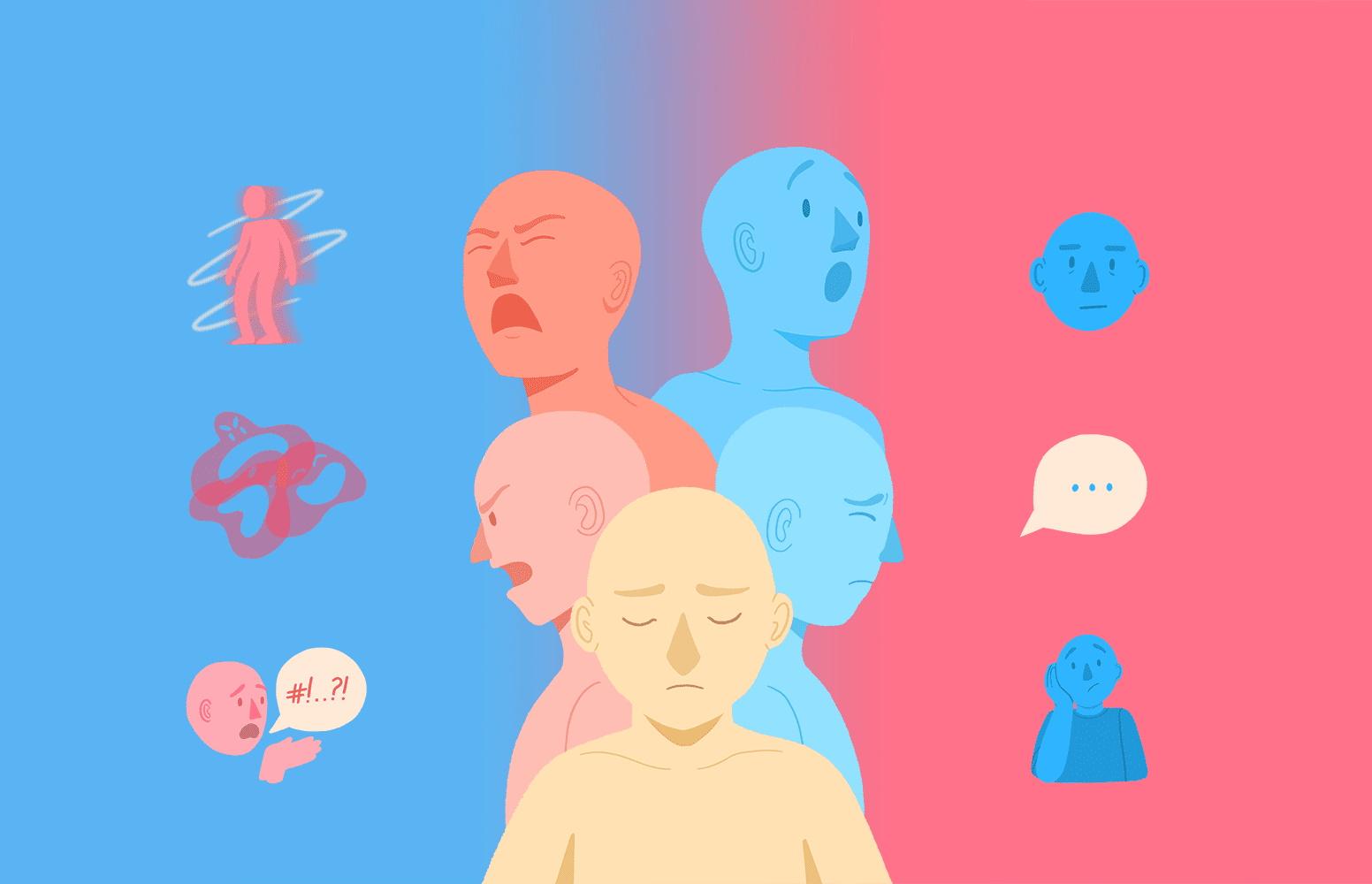Investing in Schizophrenia Treatment: Will New Therapies Upend the Status Quo?

Schizophrenia Treatment Landscape: Are Second-Generation Antipsychotics Still King?
Schizophrenia is a chronic and severe mental illness affecting millions globally. While there's no cure, second-generation antipsychotics (SGAs) have become the mainstay of treatment. But as an investor in the Schizophrenia Market, you likely have questions:
1. Do Second-Generation Antipsychotics Still Dominate the Market?
Yes, SGAs remain the leading treatment class for schizophrenia. Established drugs like Risperdal (Risperidone), Invega (Paliperidone), Zyprexa (Olanzapine), and others hold a significant market share. However, the landscape is evolving.
2. What's the Future Outlook for SGAs?
The SGA market is still expanding, but at a moderate rate. New drug approvals and patent expirations influence market dynamics.
- Patent Expirations: Several SGA patents are nearing expiration, potentially leading to generic competition and price pressure. Companies are exploring strategies like patent extensions and new drug development to mitigate this.
- New Drugs: The pipeline holds promise. Companies like Alkermes, Otsuka, and Johnson & Johnson are developing next-generation SGAs with potentially improved efficacy and side-effect profiles.
- Treatment Guidelines: Treatment guidelines are constantly reviewed. While SGAs are likely to remain core, revisions could emphasize specific drugs or combination therapies based on emerging evidence.
3. Are There Potential Challengers to SGAs?
Yes, several factors could impact SGA dominance:
- Third-Generation Antipsychotics: These newer drugs offer potential advantages like fewer side effects, but their long-term efficacy needs further research.
- Non-Medication Treatments: Research in cognitive behavioral therapy and other non-medication approaches is ongoing. While not replacements, these therapies might complement SGAs in future treatment plans.
- Focus on Long-Term Management: The focus is shifting towards long-term management with potentially less frequent dosing or long-acting injectables. Companies like Allergan (Geodon) and others are exploring such innovations.
Top Players in Schizophrenia Treatment Innovation:
Here's a glimpse into what leading pharmaceutical companies are working on:
- Johnson & Johnson: Investigating next-generation long-acting injectable SGAs for improved medication adherence.
- Bristol-Myers Squibb & Otsuka: Developing SGA candidates with potentially fewer metabolic side effects.
- AstraZeneca: Exploring non-dopaminergic mechanisms for treating schizophrenia, potentially leading to drugs with different side-effect profiles.
- Eli Lilly: Focusing on both SGAs and new mechanisms of action for schizophrenia treatment.
- Alkermes: Developing long-acting injectable atypical antipsychotics for schizophrenia.
- Sumitomo Dainippon Pharma: Contributing to research on next-generation antipsychotics with a global focus.
- Pfizer: While not a major player currently, Pfizer could potentially enter the market with future drug approvals.
- Vanda Pharmaceuticals: Specializes in central nervous system disorders and may explore opportunities in schizophrenia treatment.
The Schizophrenia Market is dynamic, with SGAs still holding strong but facing potential challenges. Investors should stay informed about new drug approvals, patent expirations, treatment guideline revisions, and emerging treatment modalities like non-medication approaches and long-acting injectables. By understanding these trends, investors can make informed decisions about companies at the forefront of Schizophrenia treatment innovation.
For more information visit at MarketResearchFuture
Other Trending Reports
Spectral Computed Tomography (CT) Market
- #SchizophreniaTreatment
- #SecondGenerationAntipsychotics
- #SGAs
- #MentalHealthMarket
- #AntipsychoticDrugs
- #PharmaceuticalInnovation
- #DrugDevelopment
- #SchizophreniaResearch
- #NextGenAntipsychotics
- #MentalHealthTherapies
- #PatentExpirations
- #LongActingInjectables
- #CognitiveBehavioralTherapy
- #SchizophreniaMarketTrends
- #HealthcareInvesting
- Art
- Causes
- Crafts
- Dance
- Drinks
- Film
- Fitness
- Food
- Games
- Gardening
- Health
- Home
- Literature
- Music
- Networking
- Other
- Party
- Religion
- Shopping
- Sports
- Theater
- Wellness
- IT, Cloud, Software and Technology


